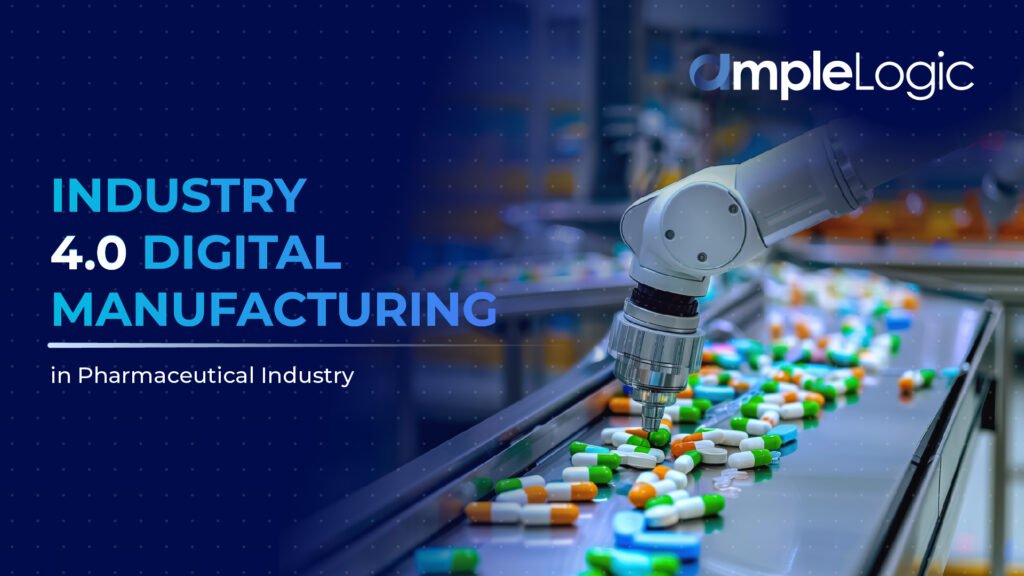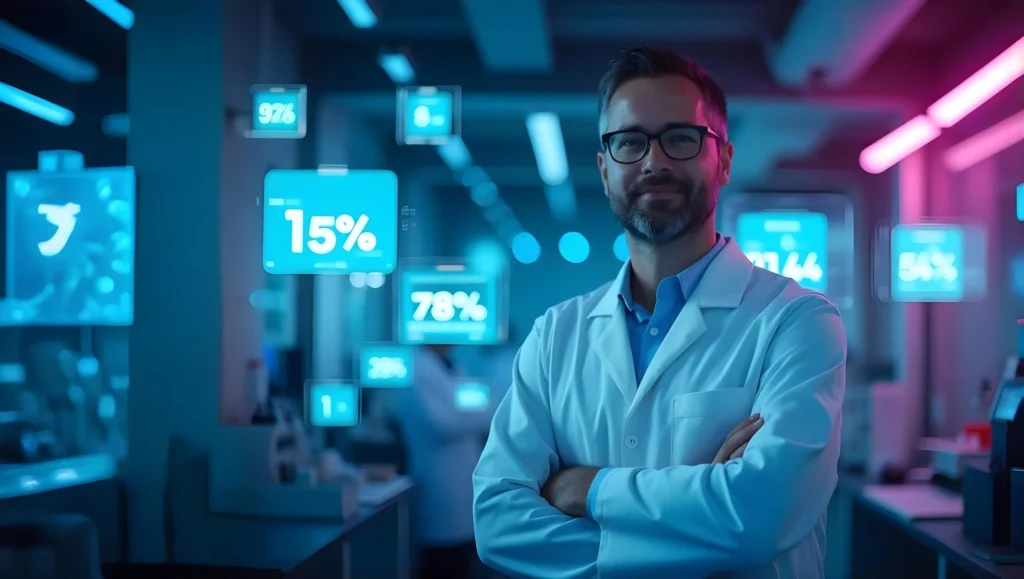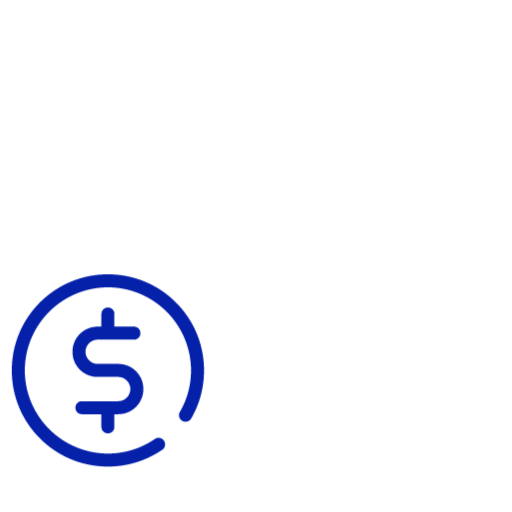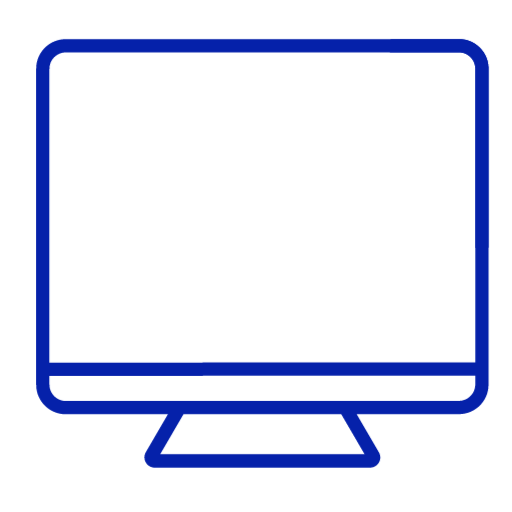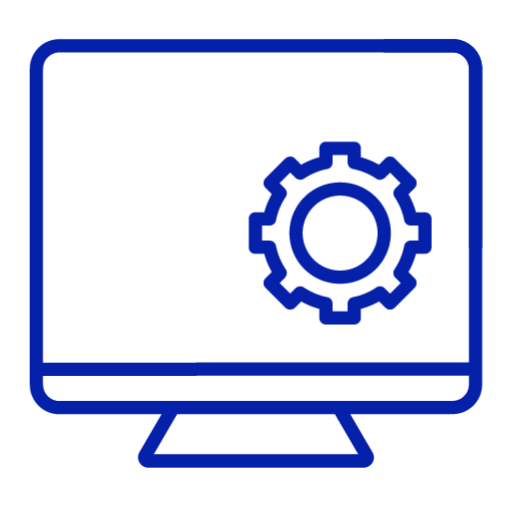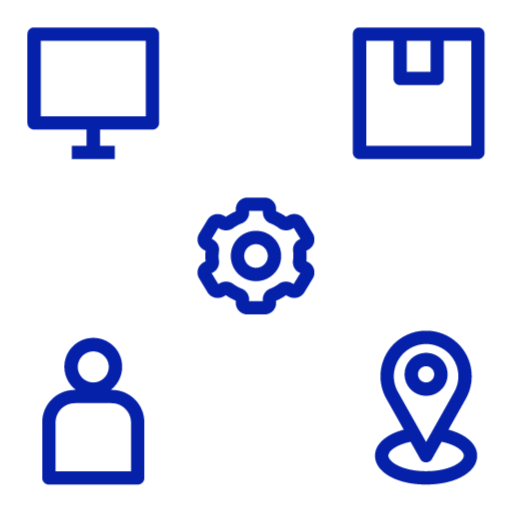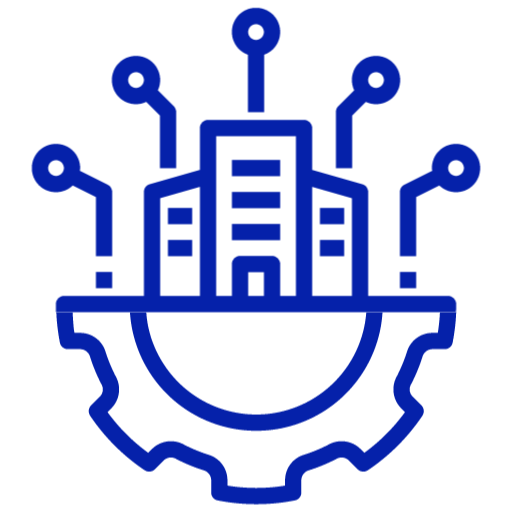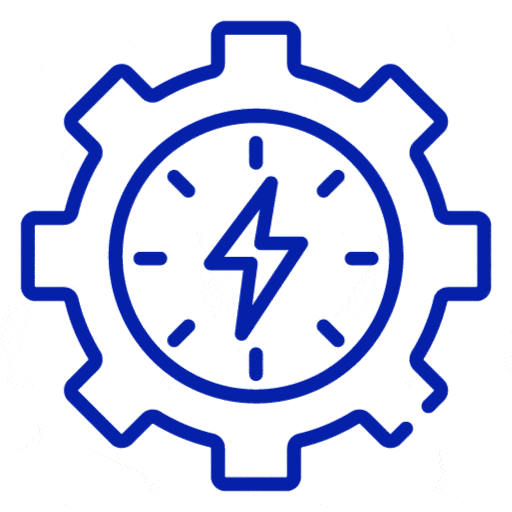
The pharmaceutical industry faces a number of compliance challenges, especially when it comes to access control. Maintaining pharmaceutical products’ integrity, security, and safety requires only authorized personnel to access sensitive information and critical production areas. As a result of the industry’s stringent regulations and the high stakes involved in drug production, robust access control measures are essential. In this article, we discuss the most pressing compliance challenges pharma manufacturers face.
Regulatory Requirements and Standards
FDA and EMA Regulations
Pharmaceutical companies operating in the United States and Europe must comply with regulations set by the Food and Drug Administration (FDA) and the European Medicines Agency (EMA). These regulations mandate strict access control measures to safeguard product quality and patient safety. Non-compliance can result in severe penalties, including fines, product recalls, and even the suspension of manufacturing operations.
GMP Guidelines
Good Manufacturing Practice (GMP) guidelines are another critical aspect of regulatory compliance. GMP standards require that pharmaceutical manufacturers establish systems to ensure that products are consistently produced and controlled according to quality standards. This includes stringent access control protocols to prevent unauthorized access to production areas and sensitive data.
Technological Integration and Cybersecurity
Advanced Access Control Systems
Pharma manufacturers must integrate advanced access control systems to meet compliance requirements. These systems often include biometric scanners, RFID technology, and secure access cards. However, implementing and maintaining these technologies can be complex and costly, posing significant challenges for manufacturers.
Cybersecurity Threats
In the digital age, cybersecurity threats are a significant concern. Pharma companies store vast amounts of sensitive data, from proprietary formulas to patient information. Protecting this data from cyber-attacks requires robust cybersecurity measures and continuous monitoring. Ensuring that access control systems are secure from cyber threats is a critical aspect of compliance.
Employee Training and Awareness
Training Programs
Ensuring that employees understand and adhere to access control protocols is essential. Pharma manufacturers must invest in comprehensive training programs to educate staff about the importance of access control and the specific procedures they must follow. Regular training updates are necessary to keep pace with evolving regulations and technologies.
Awareness Campaigns
In addition to formal training, ongoing awareness campaigns can help reinforce the importance of access control. These campaigns should highlight the potential risks and consequences of non-compliance, encouraging employees to remain vigilant and proactive in following access control procedures.
Physical Security and Infrastructure
Secure Facilities
Pharma manufacturers must ensure that their facilities are physically secure. This involves controlling access to buildings, production areas, and storage facilities. High-security locks, surveillance systems, and security personnel are essential components of a comprehensive physical security strategy.
Environmental Controls
Another critical aspect of compliance is maintaining strict environmental controls within production and storage areas. Access control systems must be integrated with environmental monitoring systems to ensure that only authorized personnel can adjust critical parameters such as temperature and humidity.
Supply Chain Management
Vendor and Partner Access
Pharma manufacturers often work with a range of vendors and partners, each requiring different levels of access to facilities and information. Managing and controlling this access is a complex challenge. Manufacturers must establish clear protocols and agreements with vendors to ensure that access control measures are consistently applied and monitored.
Supply Chain Integrity
Ensuring the integrity of the supply chain is vital for compliance. This includes verifying the authenticity of raw materials and finished products and preventing unauthorized access to these items at every stage of the supply chain. Robust access control systems and regular audits are essential to maintaining supply chain integrity.
Data Integrity and Compliance
Electronic Records and Signatures
Pharma manufacturers must comply with regulations such as FDA 21 CFR Part 11, which governs electronic records and electronic signatures. Ensuring the integrity of electronic records involves implementing secure access controls to prevent unauthorized modifications and ensure that all changes are properly documented and traceable.
Audit Trails
Maintaining detailed audit trails is another critical compliance requirement. Access control systems must be capable of recording and storing information about who accessed what and when. These audit trails are essential for demonstrating compliance during inspections and audits.
Continuous Improvement and Monitoring
Regular Audits and Inspections
Continuous improvement is a cornerstone of compliance in the pharmaceutical industry. Regular audits and inspections help identify potential weaknesses in access control systems and processes. Manufacturers must be proactive in addressing any issues identified during these audits to maintain compliance.
Technology Upgrades
The rapid pace of technological advancement means that access control systems must be regularly updated and upgraded. Staying abreast of the latest developments in access control technology is essential for maintaining compliance and protecting against emerging threats.
Conclusion
Pharma manufacturers face significant compliance challenges related to access control. From adhering to stringent regulatory requirements to managing complex technological integrations and ensuring robust physical and cybersecurity measures, the stakes are high. Continuous improvement, regular audits, and comprehensive employee training are crucial for maintaining compliance and safeguarding the integrity of pharmaceutical products.




